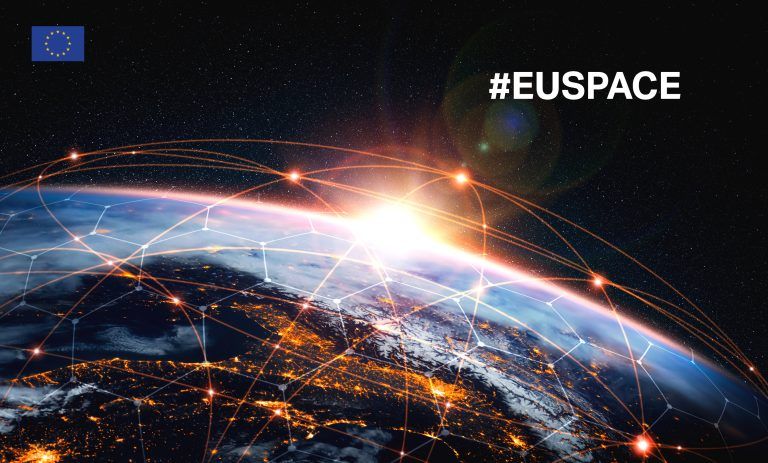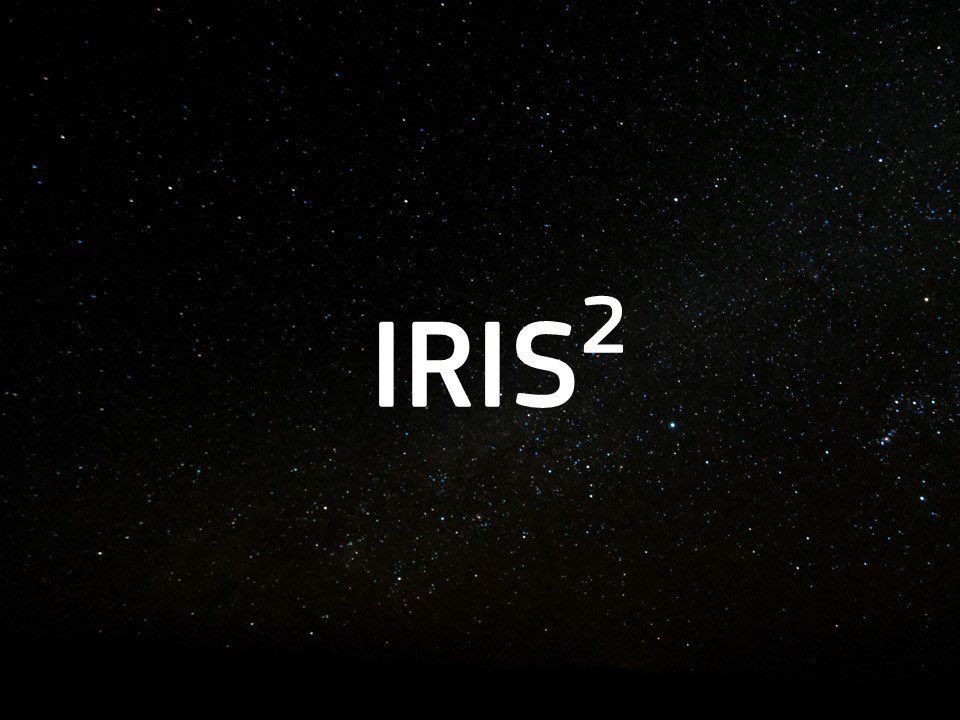A €2.4 billion budget will enable the EU to set up the new Infrastructure for Resilience, Interconnectivity and Security by Satellite (IRIS²); Europe’s first multi-orbital satellite constellation.
The new satellites will provide a secure communications infrastructure for EU government bodies and agencies, emergency services and European delegations around the world.
The scheme will ensure the EU’s strategic autonomy in the field of secure government communications, in a context where cyber security threats are becoming increasingly important, especially following Russia’s war against Ukraine.
In negotiations with EU ministers, MEPs made sure to strengthen the system’s environmental provisions and sustainability, preventing space debris proliferation, light pollution, and providing carbon footprint compensation to offset the emissions from its operation.

EU Space is the key to disaster risk management and response
|
Next steps
Following Parliament’s endorsement with 603 votes to 6 and 39 abstentions, the text will have to be formally adopted by the Council before it is signed and published in the Official Journal.
Background
Satellite communication is becoming a strategic asset for governments and civil society alike, in the context of the twin digital and ecological transition. Complementary to terrestrial networks, it can contribute to seamless digital communication, even when such networks are absent or disrupted.
Today, the EU does not have a dedicated infrastructure (including space and ground segments) to offer satellite communication services to governments, the economy and civil society. Several EU global partners and competitors are investing in such capabilities. On 15 February 2022, the European Commission presented a proposal to improve the resilience of EU communication services by developing and operating a multi-orbital connectivity infrastructure (with both space and ground segments), based on a public-partnership model.
More information: European Parliament







Leave a Reply